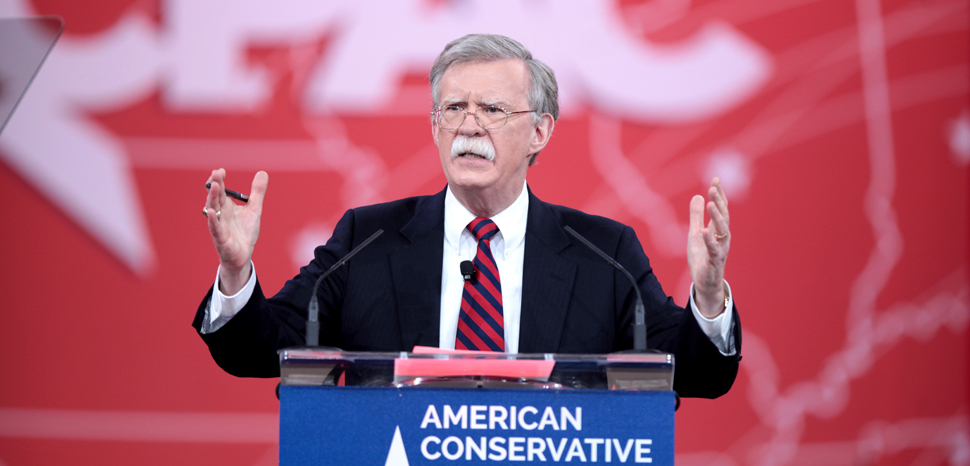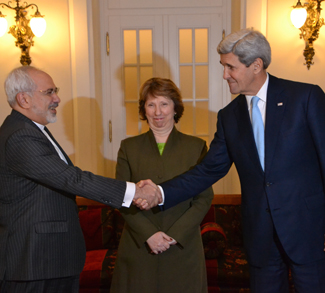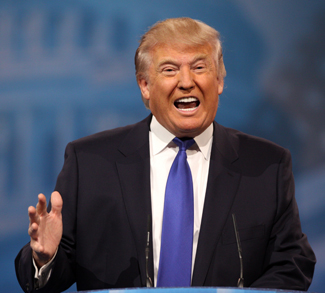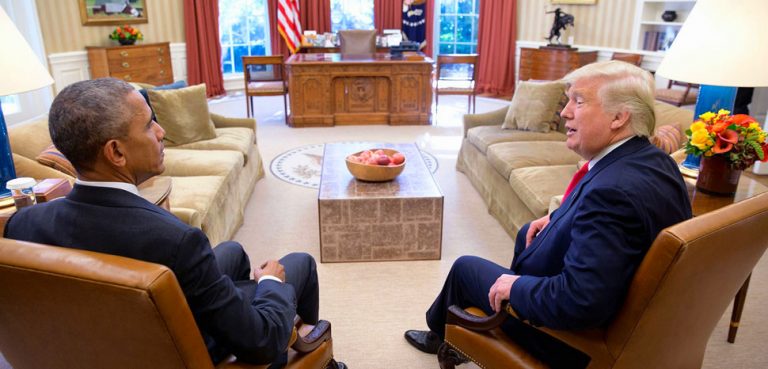It’s clear that the Trump administration considers Iran a uniquely dangerous actor in the Middle East. Its policy mindset, apparent in the fall of the Iran nuclear deal, economic sanctions, and particularly the recent US announcement to label the Islamic Revolutionary Guard as the terrorist organization, all reflect nothing but Trump’s clear rejection of Iran’s entry into the international system, thereby reversing Obama’s pragmatic approach towards Tehran. Most recently, Iran has threatened to quit the NPT in light of Washington tightens sanctions.
The only way to diffuse tensions going forward is preventive diplomacy.
By making a policy shift from Middle East-centric to Asia-centric, President Obama reoriented US Middle East policy with a new vista of encouraging Iran’s entry into the international system via his well-conceived nuclear deal with Iran – a plan that was pragmatically endorsed by the EU, Russia, and China. President Obama remained dedicated to implementing the US commitments outlined in the agreement. Similarly, he fostered a peace dialogue between the Palestinians and Israelis by restarting negotiations.
Obviously, Obama defied pressures by Israel, Saudi Arabia, the UAE, and Egypt to attack Iran and, in an interview with The Atlantic, the former president outlined power-sharing incentives for Iran and Saudi Arabia rather than unilateral dominance of the Middle East, thus avoiding war. And most significantly, President Obama was committed to not pursue regime change in Iran, but rather attempt to establish relations founded upon mutual interest and mutual respect.
President Trump has broken with Obama’s policy seeking strategic balance. Calling the JCPOA a “horrible, one-sided deal that should have never, ever been made,” Trump announced that the United States would soon begin “reinstating U.S. nuclear sanctions on the Iranian regime.” Trump told the UN General Assembly that the JCPOA “was one of the worst and most one-sided transactions the United States has ever entered into” and “an embarrassment to the United States.”
The Trump administration’s mindset reflects that, by withdrawing from the Iran nuclear deal and re-imposing sanctions that were suspended under the deal, it might compel Iran to accept U.S. demands—or face the prospect of regime collapse. The Trump administration’s hawkish approach toward Tehran is a divisive reflection-cum-replication of George W. Bush’s “Axis of Evil,” and it bluntly jettisons Obama’s peace overtures vis-à-vis Iran. Trump’s withdrawal is the opposite of the foundational international law principle of pacta sunt servanda that upholds the agreements should be kept. Recently, the Democratic candidates for president, senators Kamala Harris, Bernie Sanders, and Elizabeth Warren, affirmed they would return to the deal without precondition, as long as Iran seems to be abiding by the nuclear deal as signed in 2015.
As for the US sanctions imposed on Iran, in October 2018, The Hague-based International Court of Justice reprimanded the United States over its re-imposition of sanctions on Iran, ruling that Washington should lift those linked to humanitarian trade, food, medicine, and civil aviation. Iran had solicited before the World Justice Court that the sanctions imposed by Donald Trump following the US withdrawal from the 2015 landmark nuclear agreement were in violation of the Treaty of Amity, a 1955 pre-revolutionary friendship treaty.
But, Ironically, US Secretary of State Mike Pompeo revoked the treaty in response to prevent the bindings therein. In this context, the problem with the Trump administration’s sanctioning of the Islamic Revolutionary Guards Corps is highly tortuous. The decision to sanction a uniformed military unit as a Foreign Terrorist Organization risks establishing a new negatively imposed global norm, whereby governments can unilaterally choose to label adversarial armed forces akin to non-state actors, thereby making them legitimate military targets – a glaring legal problem faced by the US administration during the war on terror – posing the ultimate question surrounding the legitimization of the US right to target groups in countries in the name of combating terrorism.
Mike Pompeo has also formulated new stipulations for a complex deal with the Iranians, which reflects on an all-around US advocacy for isolating where Tehran is hemmed in by the mounting pressure from US dictates. His chartered demands include a complete halt to uranium enrichment; unqualified access of International Atomic Energy Agency inspectors anywhere in the country; a ban on the development or flight-testing of nuclear-capable missiles; the end of Iranian support for Hezbollah and other regional proxies; the withdrawal from Syria of all forces under Iranian command; and the cessation of Tehran’s threatening behavior toward U.S. regional partners. Failing Iran’s compliance with this will result in an attempt at regime change. Veritably, Trump tends to align with the policies of Israel’s governing Likud coalition, which considers Iran as an existential threat to Israel.
This is all because of the US-Israel collaboration on drawing a new Middle Eastern template where the US foreign policy is determined by Israel’s security considerations. Yet this Trump-envisaged Middle East is a road to disaster, since sustained US hostility toward Iran derails the prospects of serious peace in the region.
Objectively, the remaining nuclear deal parties have been exploring ways to save the JCPOA without the United States, seeking to counteract US sanctions, and have rejected the hawkish rhetoric coming from the Trump administration. Clearly, seen from Obama’s realist perspective, a bipolar nuclear Middle East would be more stable than the present one with Israel’s nuclear monopoly—undermining regional stability. Based on the resolution 598, the UNSC could pragmatically take practical steps to create a culture of regional security and cooperation in the Persian Gulf whereby Iran, Saudi Arabia, Iraq, and the five other states around the Persian Gulf would take collective responsibility in the absence of U.S. forces, morphing current regional rivalries into partnerships.
The views expressed in this article are those of the authors alone and do not necessarily reflect those of Geopoliticalmonitor.com or any institutions with which the authors are associated.




